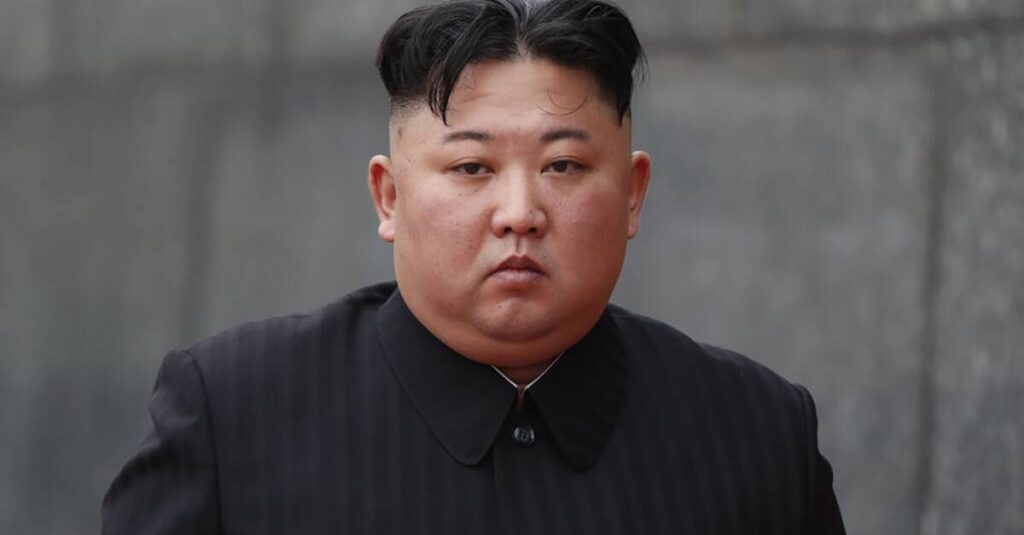The economic crisis in North Korea is spiraling out of control, evolving from a mere cry for help into a clandestine but escalating rebellion. As the nation grapples with one of the world’s most dire economic situations, an increasing number of citizens are daring to challenge government authority, leading to a surge in violent confrontations with law enforcement.
Unraveling Authority: A Rebellion Takes Shape
In 2022, North Korea experienced a notable spike in violent clashes between citizens and police. While the regime has long attempted to mask the harsh realities faced by its populace, a leaked report from Radio Free Asia sheds light on the alarming extent of this discontent. The report reveals that, pushed beyond their breaking point by relentless hardship, locals began to physically confront law enforcement officers, with these altercations continuing for months on end.
Between July and December 2022, numerous violent confrontations were documented in Ryanggang province, a northern region of the country. The report illustrates that this period saw many citizens resorting to physical retaliation against police officers, directly opposing their repressive tactics. In one particularly striking case, a man and his son attacked a police officer by the roadside, seriously injuring him. Their actions stemmed from a personal grievance—the officer had insulted the man’s wife, accusing her of complicity in a workplace failure.
A local resident from Ryanggang described a palpable sense of frustration with police oppression. “At the market, it’s not uncommon to witness women arguing and confronting police officers,” he noted. Such confrontations, previously unheard of in North Korean society, are becoming more commonplace and signal a troubling shift in the nation’s social fabric.
Corruption: The Root of North Korea’s Woes
North Korea’s economy has been in decline for decades, leaving many people on the brink of despair. With minimal prospects for financial stability, citizens have resorted to various means of survival, with bribery becoming a prevalent practice—particularly within the police force, where officers often solicit payments for leniency. The ongoing pandemic has exacerbated an already grim economic landscape, with patience among the populace wearing thin.
The document revealing these mounting tensions highlighted numerous instances of corruption among law enforcement. One standout incident involved a driver in Hyesan, a major city in Ryanggang, who was pulled over by a police officer for lacking proper vehicle documentation. In a fit of rage, the driver ran over the officer’s motorcycle and assaulted him until he was unconscious.
This pattern of rising tensions, fueled by the country’s economic decline and police corruption, is significantly impacting everyday life in North Korea. As one resident expressed, there is growing resentment towards the relentless exploitation inflicted upon citizens by authorities—a sentiment that extends beyond just the police to encompass the government as a whole, with ordinary people increasingly challenging the status quo.
A Government Struggling to Retain Control
In response to the escalating unrest, the North Korean government has implemented a range of strategies, including educational campaigns aimed at instilling respect for the law and imposing harsh penalties for violence against police officers. However, these measures appear insufficient as citizens, fed up with decades of poverty and oppression, continue their pushback against the regime.
For many observers, it feels as though the tipping point is nearing. While Kim Jong-un’s regime remains firmly in place, the worsening economic crisis and the resulting unrest present a bleak outlook for the future. This situation highlights the growing chasm between the government’s increasingly repressive grip on power and the rising defiance from its people.
In summary, North Korea’s current landscape is a volatile mix of economic failure, government repression, and a populace that is increasingly rejecting the status quo. The nation’s future remains uncertain, but it is evident that the people’s patience is dwindling. The outcome of these unfolding events in the coming years remains to be seen, but one thing is clear: meaningful change is on the horizon in a place long marked by absolute control.







